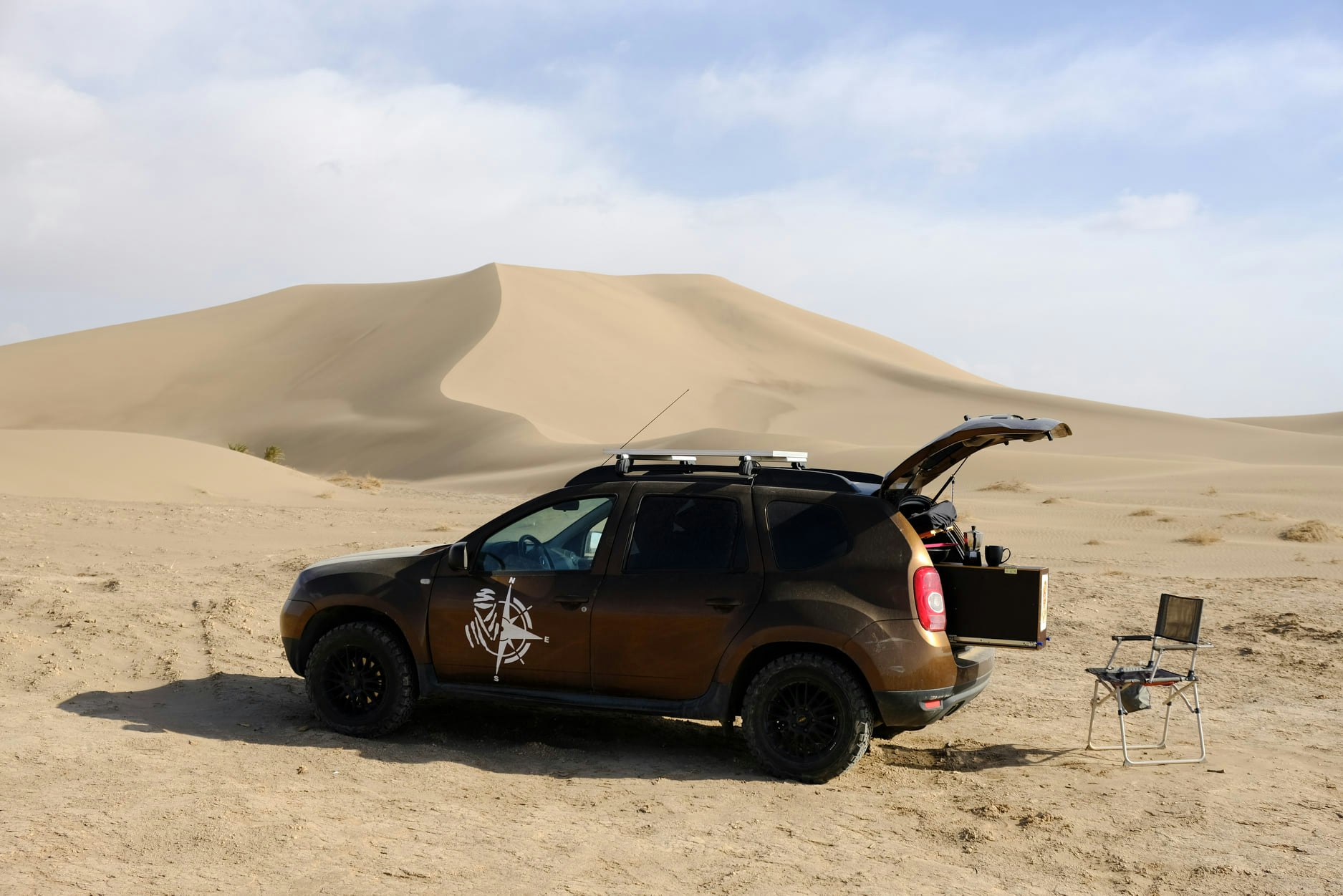Overlanding
This minimalist guide is based on my experience overlanding across Middle East & East Africa
Vehicle choice & preparation
Choosing and preparing a vehicle to overland across Africa can be a daunting task. Reading on the subject, will quickly get you overwhelmed by all the seemingly necessary off-roading equipment. While it is true that to access certain specific areas of the African continent, a well prepared 4WD vehicle with high ground clearance is necessary, it is wrong to assume that everything is a must. It is totally possible to cross most of Africa in a 2WD car or even a scooter (it has been done!). What you have to figure out is what you want to do while you’re there, how remote do you want to wander. And, of course, you have to consider your budget because let me tell you that a fully equipped Toyota Land Cruiser with rooftop tent doesn’t cost the same as a simple 4WD Dacia Duster with a bed frame and cooking equipment. However, both can go pretty remote!
Do you really need a snorkel, a high-lift jack, two 20L jerrycan of diesel, another spare wheel? And the list goes on and on. Well, it depends. It depends mostly on how much real exploration you want to do, as well as your character, and how you react to solving problems on your own in the middle of nowhere.
For me, essentials are:
- Good tires
- 12V air compressor
- Tire repair kit
- Fuel jerrycan
- Water jerrycan
- Cooking equipment
- Safe box
Nice to have: a solar setup, a fridge and a shovel.
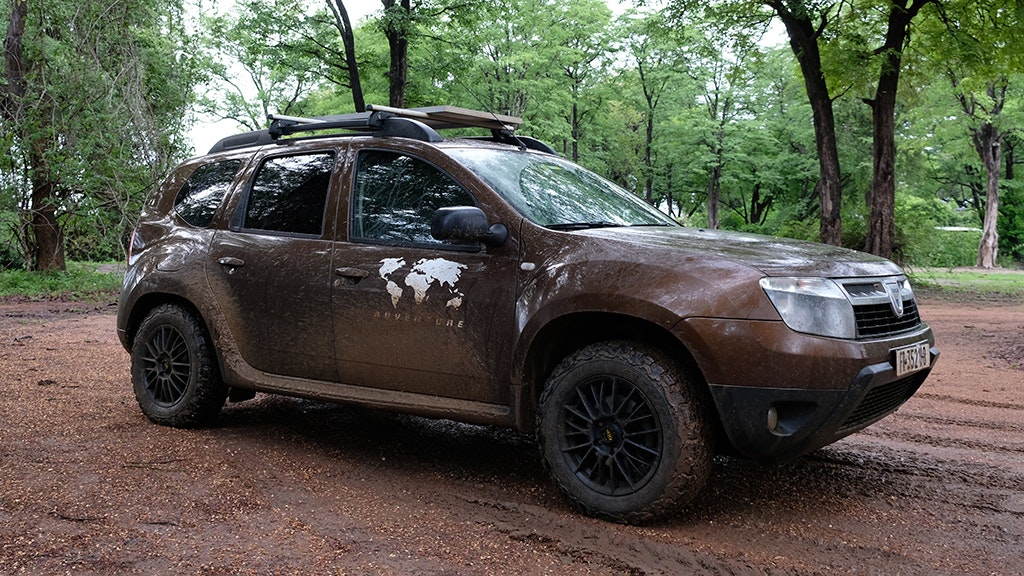
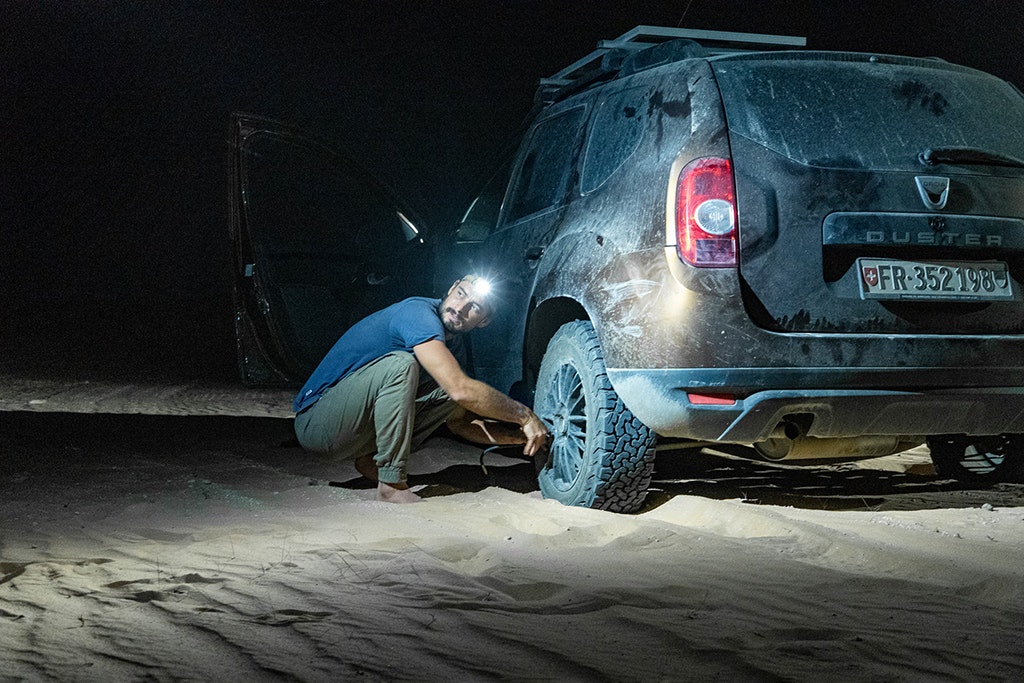
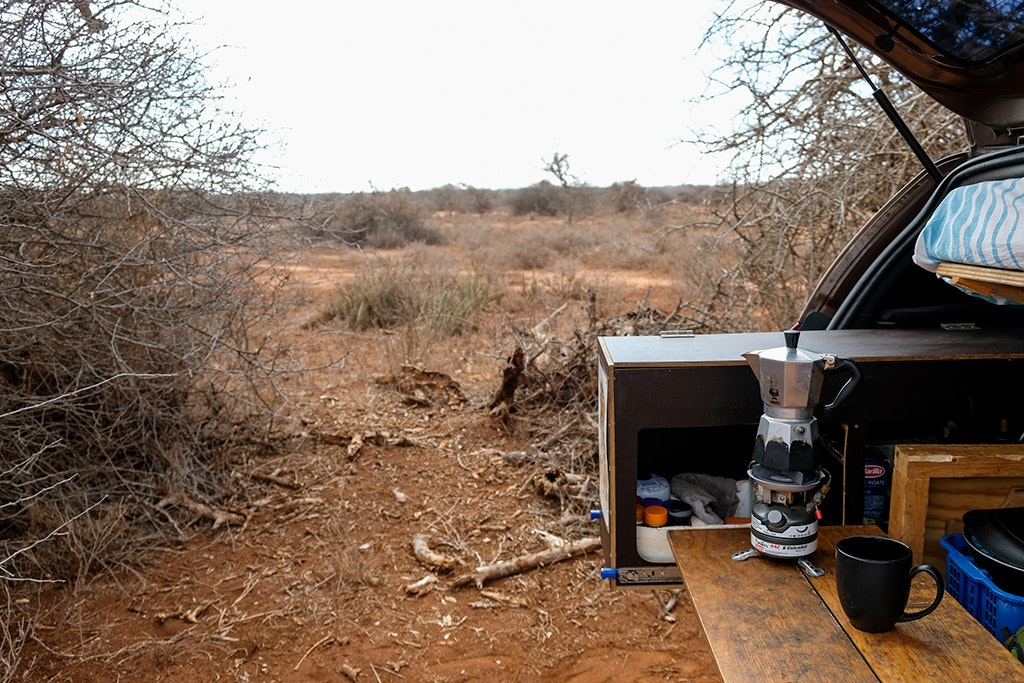
Border crossings & paperwork
When crossing borders with a vehicle, you have to clear two entities, yourself and the vehicle. Clearing your personal entry into/exit from the country is done at the border with immigration officers. Clearing the vehicle temporary importation/exportation is done with customs at the border as well. Basically, you have to make sure that you are in order with customs and immigration on each side of the border. Knowing that a border consists of two different sides, the side of the country you came from and the side of the country you are trying to enter, this two countries have their own jurisdiction and rules so be sure to clear both sides properly to avoid potential problems when leaving. If the officials make a mistake upon entry and you didn't notice, you will be the one to pay for it when leaving (happened to me in Jordan when the customs made a mistake and they fined me on exit!).
The right paperwork needs to be done in advance. Regarding immigration this usually means visas. Visas can sometimes be obtained online a few days in advance while other times you need to apply at the consulate of the country you want to visit. It can usually be done in the preceding country (i.e. a visit to the Sudanese consulate in Aswan in Egypt would give you the chance to apply for a Sudanese visa; West Africa is an exception to this rule where you can usually just apply for your visas on the go. West Africa is known to be a nightmare for the visa game and a couple of countries on the west route will require extra energy from you in order to chase a visa in a consulate 3-4 countries ahead on your route). Sometimes, you don’t need a visa at all and your passeport will just be stamped by immigration on entry and exit. Other times, you can obtain your visa directly at the border. Visa regulations change all the time and depends on your passport and nationality. Always seek up-to-date information online or from first-hand experience.
Regarding customs, you can often ask for a TIP (temporary import permit) for your vehicle which is normally free. However, some countries are known to require a document called “Carnet de Passage” (i.e. Egypt or Kenya). Decide for yourself if you need one depending on your route. If you do, you can apply for it via the Automobile Club in your home country. It is expensive and you will have to pay a deposit that you will get back only when you can show proof of all exit stamps for the countries for which you used the carnet to enter. Entering countries where the carnet is not required, you don’t have to use it and then the TIP is free, simply don’t show your carnet because you are liable and could lose your deposit in case of problem. Normally, you have to bring the vehicle back home and get a certificate of presence from the customs in order to get your deposit back. But in some case, the Automobile Club might let you cancel your carnet and refund the deposit provided that you can show proof of all entry and exit stamps. The purpose of this document is to prevent you from selling your car in a foreign country. It gives customs a warranty, knowing that they can claim your deposit if you don’t take the car out of the country.
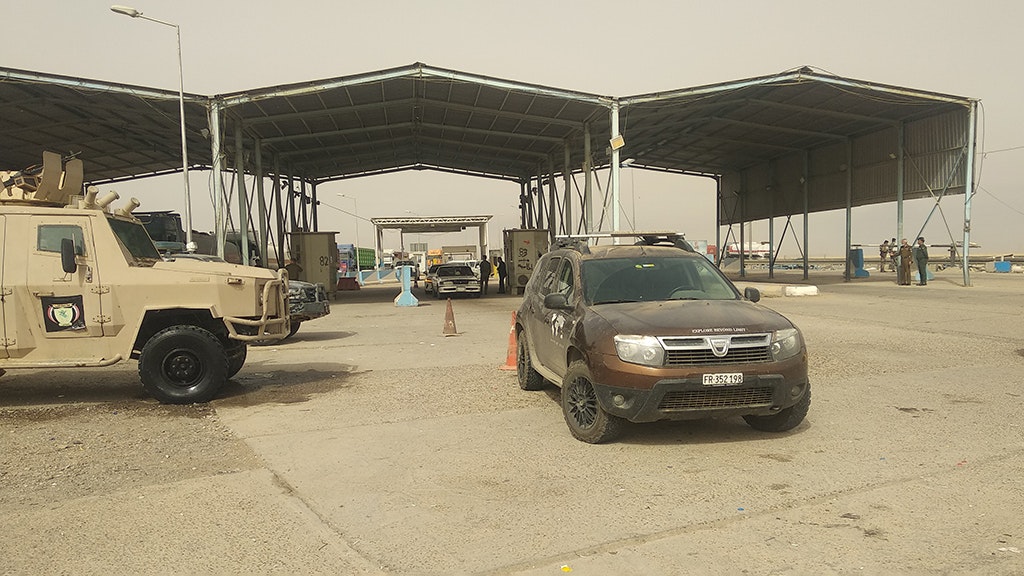
Overlanding logistics
Navigation. Nowadays, a smartphone is good enough as you don’t need an Internet connection to get a GPS location (please educate yourself! read how GPS works). You can download offline maps in advance or as you go. Good paper maps, however, are always a good addition to GPS navigation providing that you know how to use them. I found paper maps useful in Southern Africa mainly for the possibility to differentiate between different types of roads: main, secondary, gravel and off road.
Fuel. Fill up before the light turns on. Filling up when the tank is still half full is a good idea. Beware of the quality of diesel in the Middle East and Arabic peninsula. If you have a Diesel Particulate Filter (DPF) on your exhaust, it will clog up eventually. A pre-filter might help but there is no guarantee that your exhaust won’t clog. I had to gut out my DPF in Kenya as my exhaust had eventually gotten completely blocked. Better start such a journey without DPF.
Water. Without water, you can die. It's as simple as that. Don’t forget to fill up your drinking water reserves. I used a 20 liters jerrycan and it was enough most of the time because water is usually easy to find (where there are people there is water). In case I would stay remote for a long time I would just buy a couple of 5 liters water jugs from the supermarket.
Sleep. Rooftop tent are nice but you have to open and close them every time you want to move the car. That means you have to close your tent when you must go for that quick resupplying mission to the supermarket. Also when it’s windy or very rainy, it can be hard to fall asleep. Sleeping inside the car gives you additional safety though keep in mind that a window can easily be broken so don’t think the additional safety will let you sleep in dodgy places. Pick your camping spots wisely! I loved the fact that I had a bed ready inside my car and could sleep anywhere hidden by a curtain and tinted windows. The main downside was that when the outside temperature would reach 25°C or more, it was impossible to sleep without opening the door completely. That is why I like to have additional sleeping equipment like a hammock or a tent for example.
Safety. Safety is a tricky topic. You can’t control it. The best you can do is to try to get a real feel of where you are and where you plan to go. You can’t always trust locals, as it's often the case, human beings will be afraid of the unknown like for example in Turkey when I explained that my plans were to cross the border to go to Iran. Everyone tried to discourage me, telling me that I would get killed, while the truth is that Iran is a very safe country to visit as a foreigner. The same goes with most parts of Iraq. But you can’t really know before you get real on-the-ground reports or first-hand experience. This has prevented me many times of going through places I really wish I had gone to. The fear transmitted by people about places where they actually had never been but that, for some obscure reasons, they thought they should prevent people you from going. In the end, you must make you own choice about how much risk you are willing to take! Also, it requires a lot of common sense and to adopt an appopriate behaviour in accordance with where you are. For example, I would never take out my laptop in some parts of the world, not even a cell phone. You have to understand that when people have nothing, everything has value. Everything.
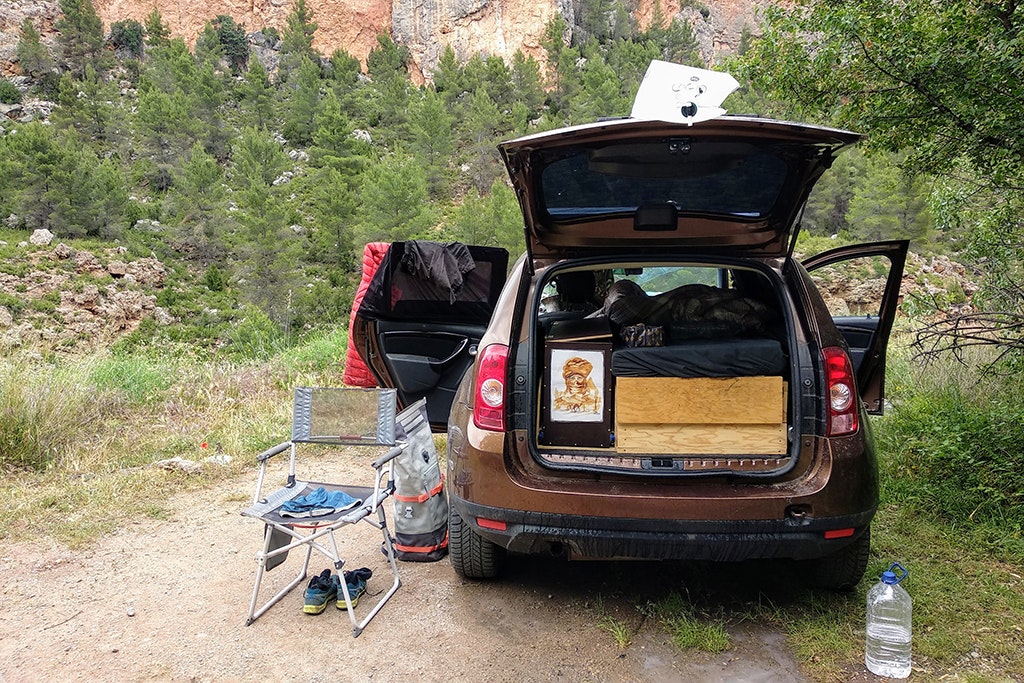
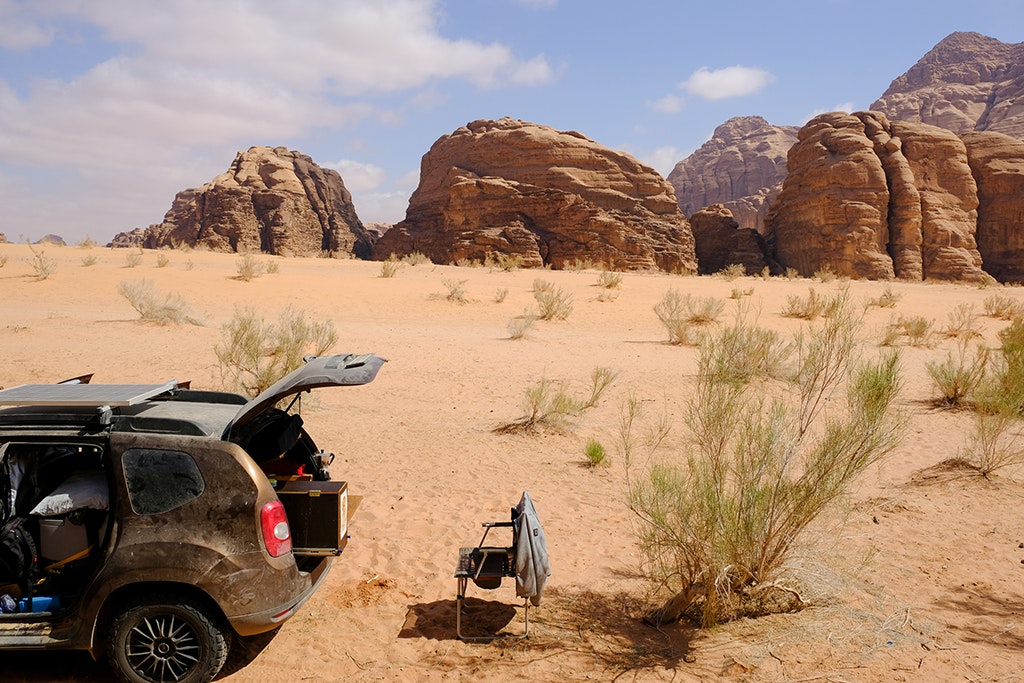
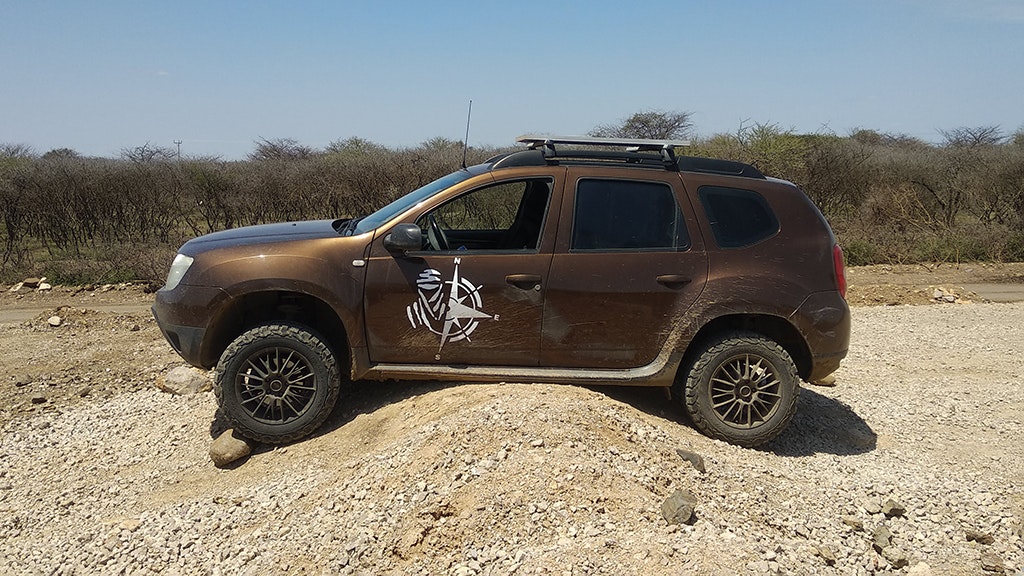
Duster Camper Build
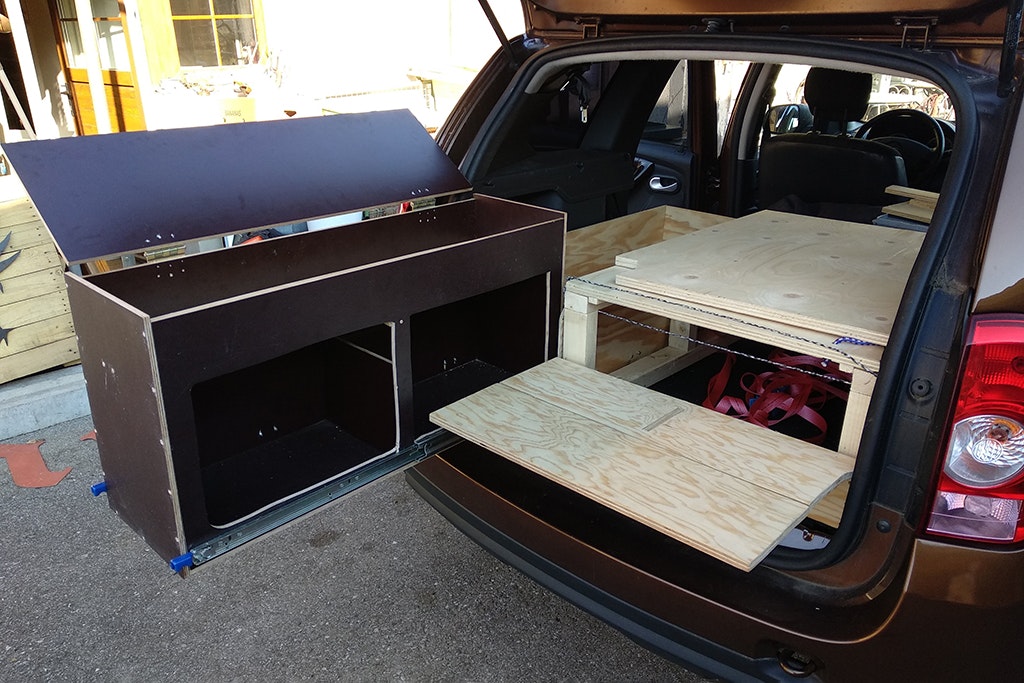
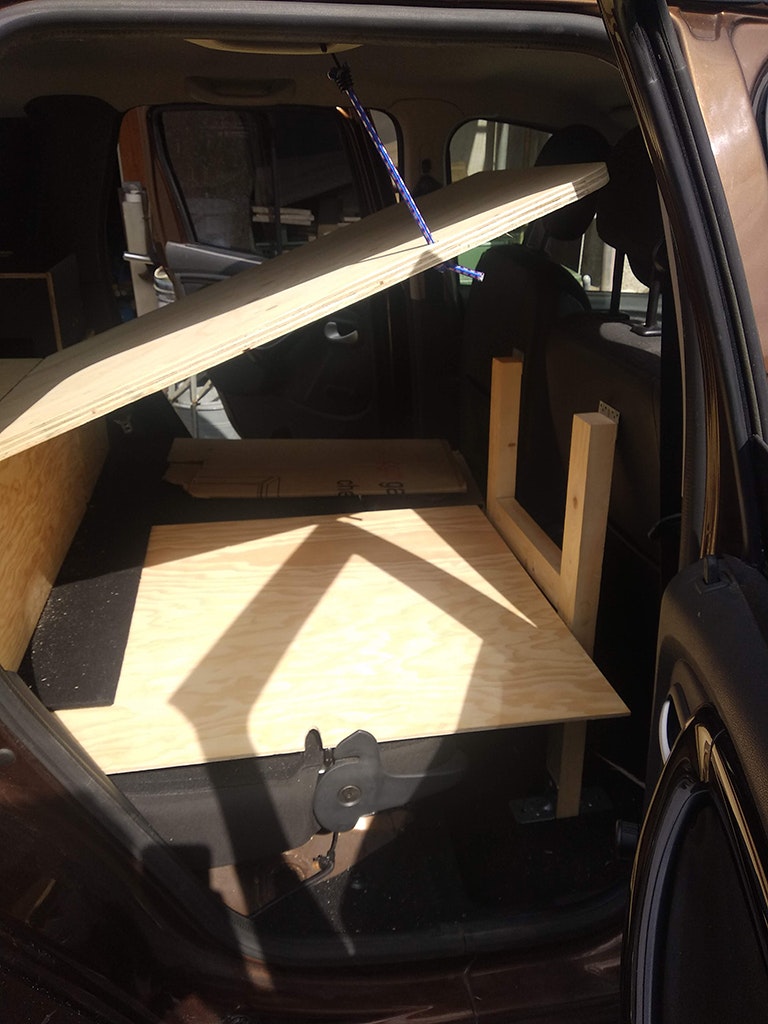
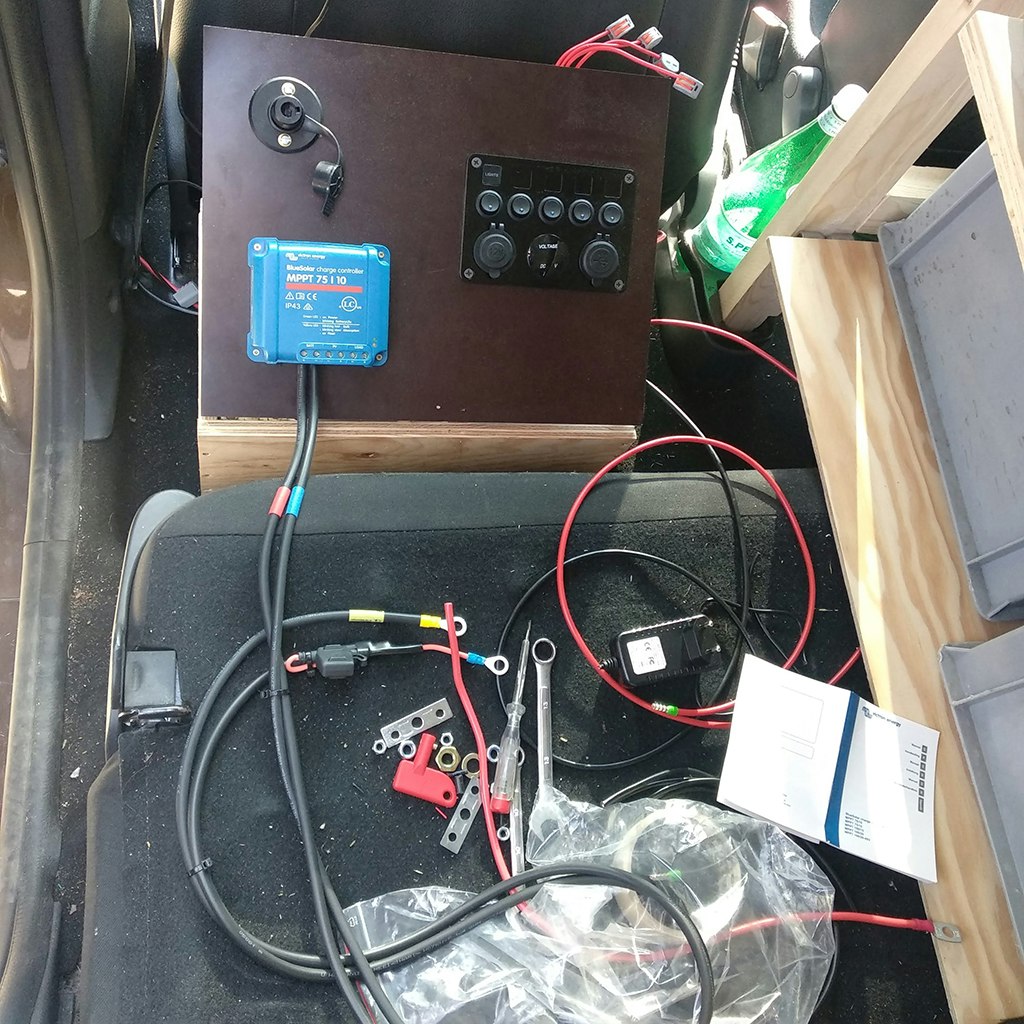
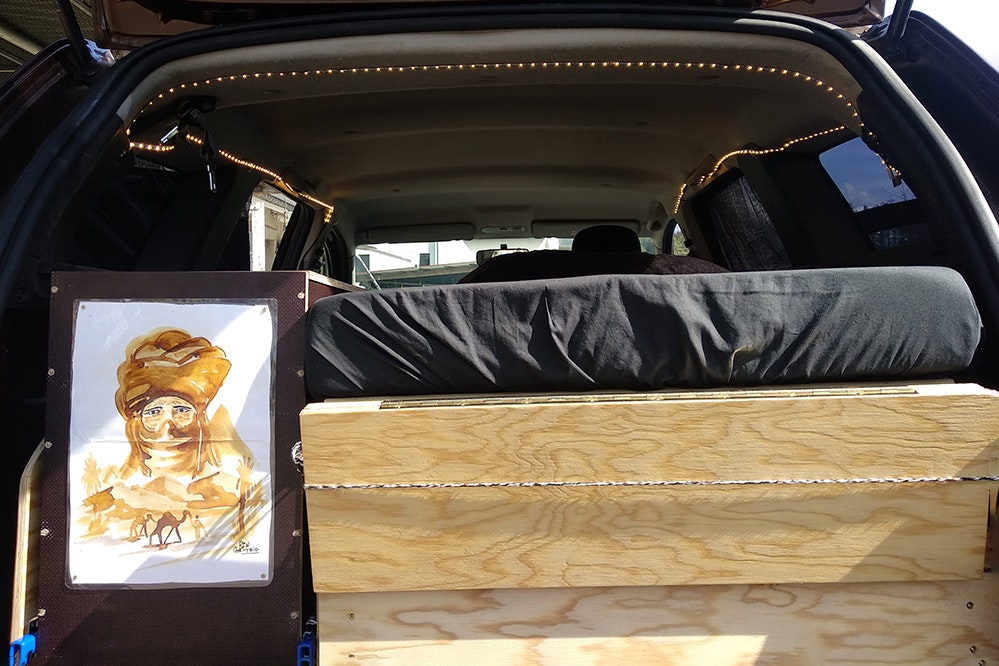
Postcard: Dusty in Iran!
